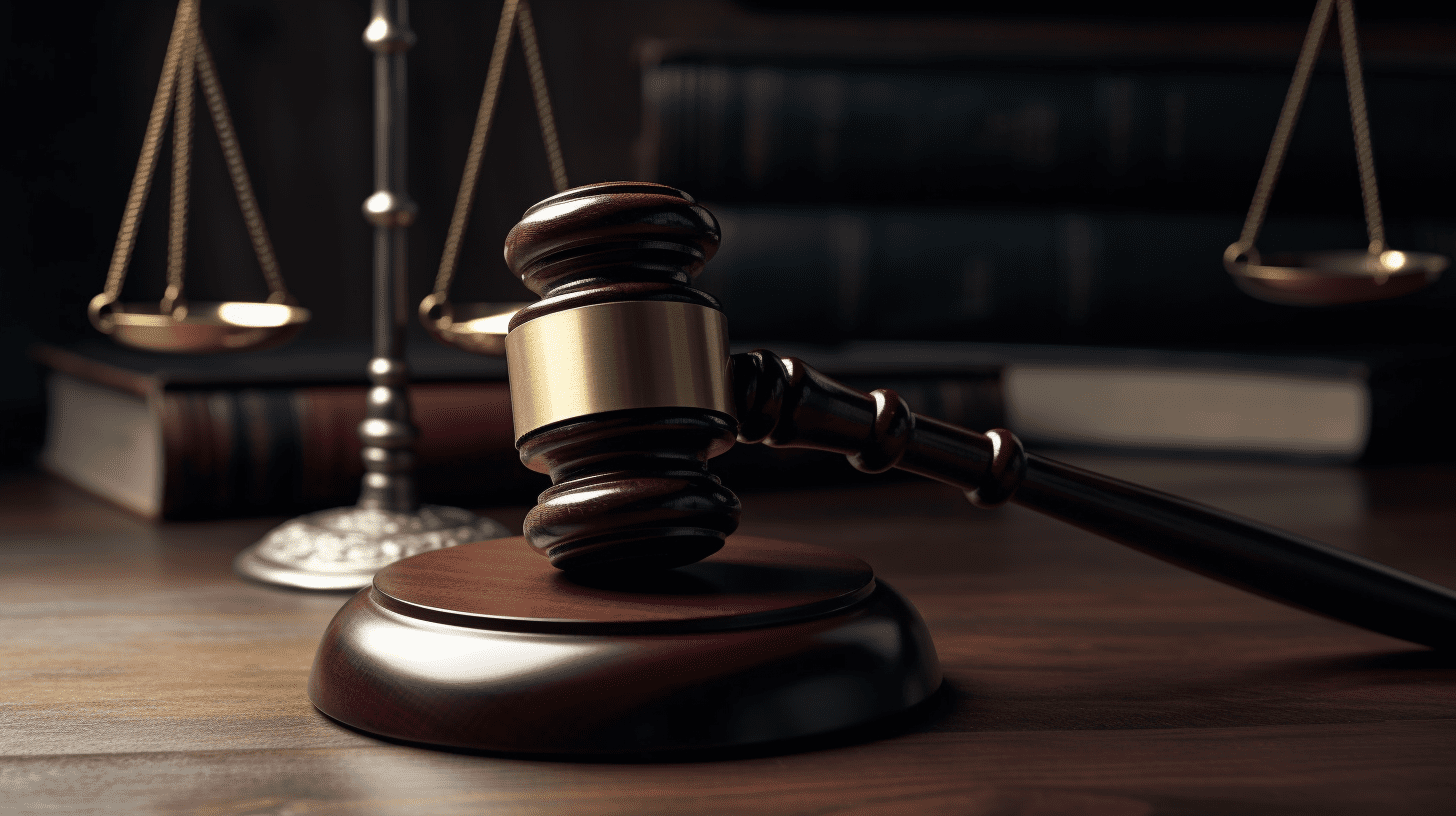
Breaking Down the Verdict and What it Means for the Music Industry
Table of Contents
- Introduction: Ed Sheeran's Big Win
- The Plaintiffs: Marvin Gaye's Estate and the Claims Against Sheeran
- Analyzing the Similarities and Differences Between the Songs
- The Role of Musicologists in the Case
- The Jury's Decision and the Impact on Future Copyright Cases
- Conclusion: The Music Industry's Evolving Landscape
- FAQs
Introduction: Ed Sheeran's Big Win
In a landmark decision, British singer-songwriter Ed Sheeran has been found not guilty of copyright infringement for his hit song "Thinking Out Loud." This high-profile case had the music industry on the edge of its seat, but what does this mean for future copyright disputes? Let's dive in and explore the intricacies of this case and how it could impact the music world.
The Plaintiffs: Marvin Gaye's Estate and the Claims Against Sheeran
Marvin Gaye's estate and co-writer Ed Townsend's heirs accused Ed Sheeran of ripping off Gaye's iconic 1973 hit "Let's Get It On" in his 2014 chart-topper "Thinking Out Loud." They claimed that Sheeran copied Gaye's song's melody, harmony, and rhythm, seeking damages and a portion of "Thinking Out Loud"'s profits.
Does this situation sound familiar? Unfortunately, it's not the first time an artist has faced copyright infringement allegations for a popular song. In recent years, other high-profile cases, such as the "Blurred Lines" trial involving Robin Thicke and Pharrell Williams, have sparked debate about the fine line between inspiration and imitation.
Analyzing the Similarities and Differences Between the Songs
To understand the case's outcome, it's crucial to examine the similarities and differences between "Thinking Out Loud" and "Let's Get It On." At first, listen, it's easy to notice a resemblance in the songs' chord progressions and grooves. In addition, both tracks share a similar tempo, and the main guitar riff in "Thinking Out Loud" echoes the bass line in "Let's Get It On."
However, these similarities might not be enough to warrant a copyright infringement claim. After all, many songs share common chord progressions, and it's important to recognize that inspiration from past works is a natural part of the creative process.
Upon closer inspection, the differences between the songs become more apparent. "Thinking Out Loud" is a romantic ballad featuring a tender vocal performance and heartfelt lyrics, whereas "Let's Get It On" is a sensual, soulful groove with an unmistakable 70s vibe. While sharing some similarities, the melodies diverge in key moments, which could be crucial in determining originality.
The Role of Musicologists in the Case
Musicologists played a pivotal role in the trial, dissecting the two songs and offering expert opinions on their similarities and differences. In addition, both plaintiffs and the defense enlisted these professionals to strengthen their arguments, analyzing the songs' structures, chord progressions, and melodies.
The musicologists' analyses revealed that the similarities between the songs were not as substantial as the plaintiffs claimed. They argued that the shared elements, such as the chord progression and groove, are common in the music industry and not unique to "Let's Get It On." Furthermore, they emphasized that the melodies, while having some similar phrasings, were distinct enough to be considered separate works.
These expert opinions played a significant role in shaping the jury's understanding of the complex musical nuances involved in the case. Ultimately, their insights helped to differentiate between inspiration and outright copying, allowing the jurors to make a more informed decision.
The Jury's Decision and the Impact on Future Copyright Cases
After carefully considering the evidence and expert testimonies, the jury found Ed Sheeran not guilty of copyright infringement. This decision has significant implications for the music industry and future copyright disputes.
The verdict highlights the importance of distinguishing between drawing inspiration from previous works and blatantly copying them. It also demonstrates that, while similarities between songs may exist, these elements must be unique and integral to the original work to warrant a copyright infringement claim.
Moving forward, this case will likely serve as a reference point for artists and the legal system in determining the boundaries of inspiration versus infringement. It may also encourage artists to be more cautious when referencing past works, potentially leading to a more diverse and original musical landscape.
Conclusion: The Music Industry's Evolving Landscape
The not-guilty verdict in Ed Sheeran's "Thinking Out Loud" copyright infringement case is a significant milestone in the ongoing debate surrounding the boundaries of artistic inspiration. It highlights the importance of recognizing the difference between drawing from past works and outright copying and the need for a deeper understanding of the complex musical elements that comprise a song. As the music industry continues to evolve, this landmark case will undoubtedly shape future copyright disputes and the creative process for artists worldwide.
FAQs
1. What was the copyright infringement case against Ed Sheeran about?
The case involved accusations that Ed Sheeran's hit song "Thinking Out Loud" copied key elements from Marvin Gaye's 1973 classic "Let's Get It On." Gaye's estate and co-writer Ed Townsend's heirs sought damages and a portion of the profits from "Thinking Out Loud."
2. What were the main similarities and differences between "Thinking Out Loud" and "Let's Get It On"?
Both songs share a similar tempo, chord progression, and groove. However, the two tracks' melodies, lyrics, and overall vibes are quite different, with "Thinking Out Loud" being a romantic ballad and "Let's Get It On" a sensual, soulful groove.
3. How did musicologists play a role in the case?
Musicologists provided expert testimony by analyzing the songs' structures, chord progressions, melodies, and other elements. Their insights helped the jury understand the similarities and differences between the two songs and significantly influenced the not-guilty verdict.
4. What is the case's outcome, and how does it impact future copyright disputes?
Ed Sheeran was found not guilty of copyright infringement. However, the verdict reinforces the need to differentiate between inspiration and imitation in music and may serve as a reference point for future copyright cases.
5. How does this case relate to other high-profile copyright disputes?
Similar to the "Blurred Lines" trial involving Robin Thicke and Pharrell Williams, this case highlights the fine line between drawing inspiration from past works and outright copying. In addition, it underscores the importance of understanding the complex musical elements that contribute to a song's originality and the potential impact on the music industry.

